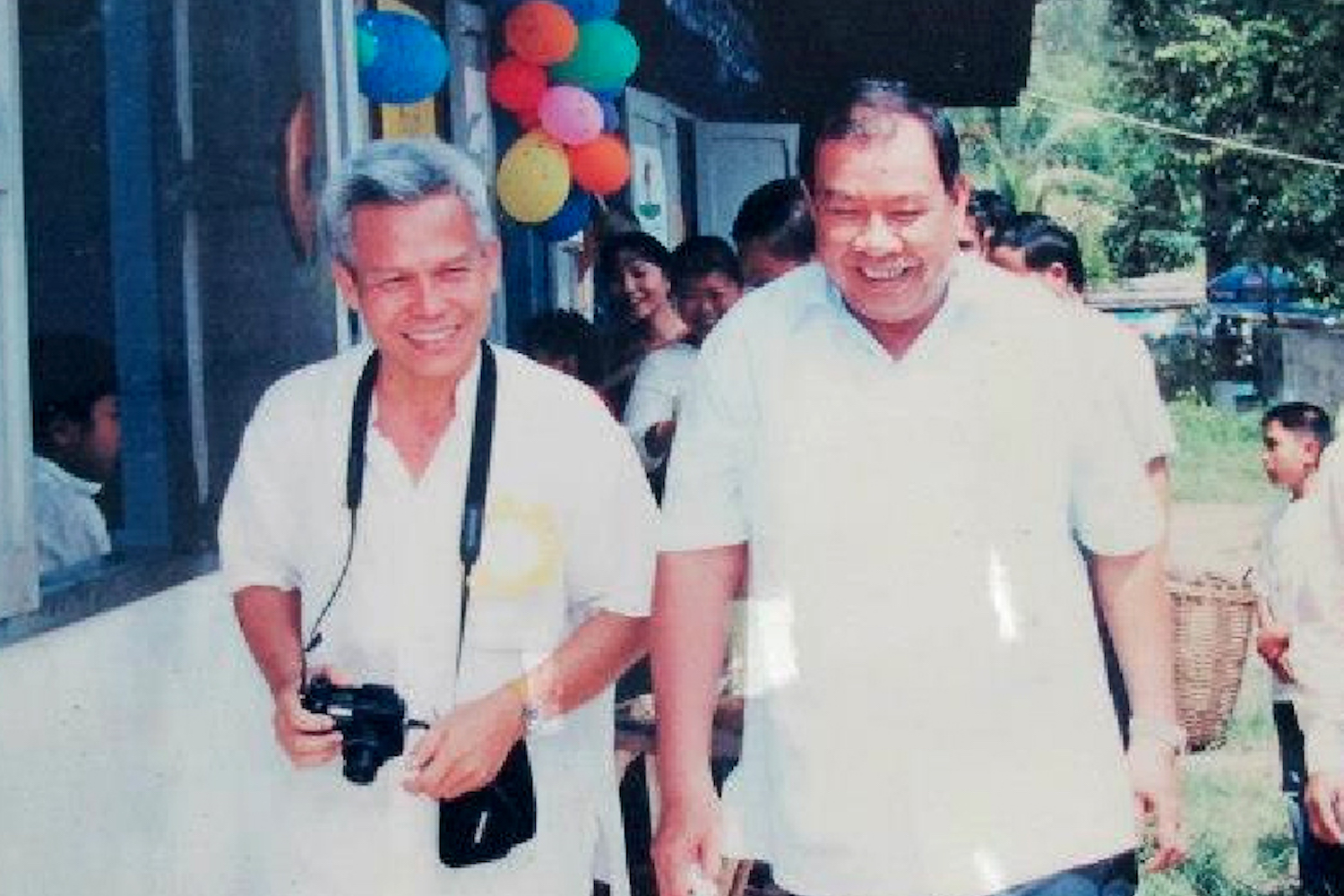The Diplomat: 30 August 2013
By Luke Hunt
The inability of the Laos government to offer a credible explanation for the disappearance of prominent activist Sombath Somphone has again drawn unwanted headlines, with demands for donor nations to think twice before committing taxpayers dollars to the one-party Communist state.
The latest swipe comes from Amnesty International, which is raising Somphone’s plight on International Day of the Victims of Enforced Disappearance. Somphone was last seen in police custody on December 15, but the authorities insist they have no knowledge of his whereabouts.
“The human rights group calls also on other countries to do more to demand that the civil society leader, a victim of enforced disappearance, is found and returned safely to his family,” Rupert Abbott, Amnesty International’s Researcher on Cambodia, Laos and Vietnam, said.
Much to the embarrassment of officials in Vientiane, who have been preoccupied with organizing billions of dollars for the financing of ambitious infrastructure projects, Somphone’s disappearance was caught on CCTV, leading to repeated calls for the Laos government to act.
However, the authority of Prime Minister Thongsing Thammavong – which he likes to imply is absolute – seems wanting and could have been compromised given his inability to reign in his police and deal with Somphone’s case effectively.
That in itself has provoked serious concerns within the diplomatic community, which must decide whether Laos is a Communist state or a police state. This would have obvious ramifications for future aid and investment programs.
“Sombath’s disappearance has focused international attention on the disturbing situation of freedom of expression and related rights in Laos, and has raised questions about the success of other countries’ efforts to encourage the Lao authorities to respect and protect human rights,” said Abbott.
Laos is also lobbying for a seat on the UN Human Rights Council, but chances of success are slimming.
EU Parliamentarian Soren Sondergaard, from Denmark, said Lao authorities had told him during a recent visit that they felt sorry about Sombath’s disappearance but they did not seem to take any action on the matter.
He said the government was in a state of denial over the issue and this was a disappointment that would hinder the country’s bid for a seat on the council.
Abbott added that it was likely the Lao authorities were involved in Sombath’s disappearance and this had been compounded by the police’s failure to conduct thorough investigations, which suggests a cover-up. Other countries’ offers of external assistance, which would include an analysis of the original CCTV footage, have been rejected.

